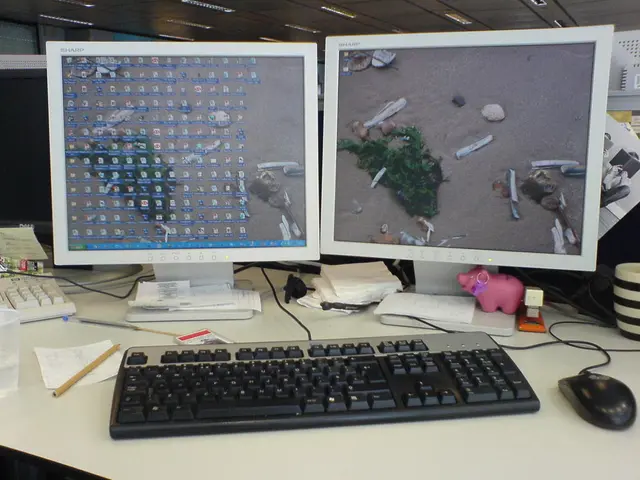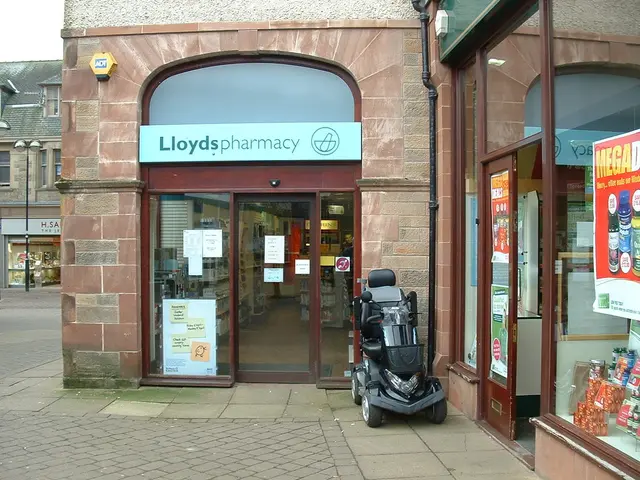Intestinal Bleeding Caused by Diverticula: Understanding the Roots, Triggers, and Solutions
In the digestive system, two common conditions that can cause bleeding are diverticular bleeding and hemorrhoids. This article aims to explain these conditions, their symptoms, and potential treatments.
Diverticular bleeding occurs when small blood vessels in the wall of a diverticulum, a small pouch in the colon or large intestine, burst. This is a common cause of bleeding in the lower intestinal tract. Diverticular bleeding can be painless and come and go, involving a large volume of blood. In some cases, it may stop on its own, but continuous bleeding requires medical intervention.
Symptoms of diverticular bleeding include rectal bleeding or blood in the stool that continues for more than one day or occurs frequently. Other symptoms can include low blood pressure, rapid heart rate, and orthostatic hypotension. Diverticular bleeding can be life-threatening, especially in older individuals, those with cardiovascular disease, and those with raised creatinine levels indicating a decline in kidney function.
Hemorrhoids, on the other hand, are swollen veins in the rectum or anus. Internal hemorrhoids can cause bleeding from the rectum after a bowel movement and may also have symptoms such as a visible hemorrhoid prolapse, hard, tender lumps around the anus, anal itching, and pain when sitting. External hemorrhoids can cause similar symptoms, but they are typically found outside the anus.
Both diverticular bleeding and hemorrhoids can be caused by various factors. Diverticular bleeding is a complication of diverticulosis, a condition where small pouches form and protrude through weak spots in the colon or large intestine. Factors that contribute to diverticular bleeding include genetics, a diet low in fiber, inactivity, certain medications, smoking, vascular disease, diabetes, the use of nonsteroidal anti-inflammatory drugs (NSAIDs), the use of blood thinners, and obstructive sleep apnea.
Treatment for diverticular bleeding may include colonoscopy, angiogram, and surgery. If a person has lost a lot of blood due to diverticular bleeding, they may require a blood transfusion and other treatments. It's important to note that any amount of bleeding from the rectum should prompt a doctor's visit.
Eating a diet high in fiber can reduce a person's risk of developing diverticular disease. A doctor may recommend slowly increasing fiber intake over time. Other gastrointestinal conditions, such as colon polyps, inflammatory bowel disease (IBD), and hemorrhoids, should also be considered when diagnosing bleeding sources.
In conclusion, understanding the causes, symptoms, and treatments of diverticular bleeding and hemorrhoids is essential for maintaining digestive health. If you experience any rectal bleeding or blood in your stool, it's crucial to seek medical advice promptly.








